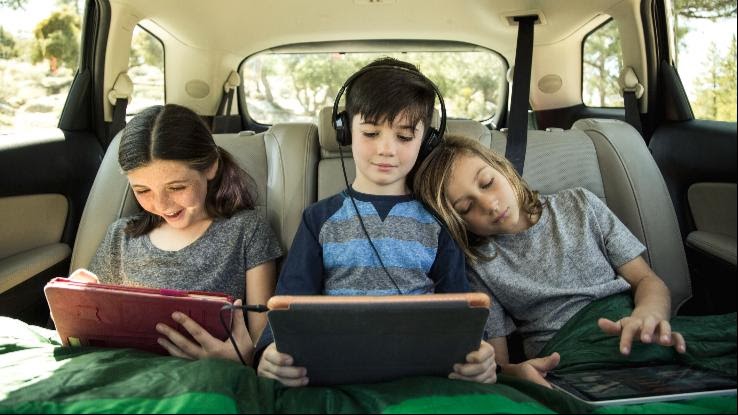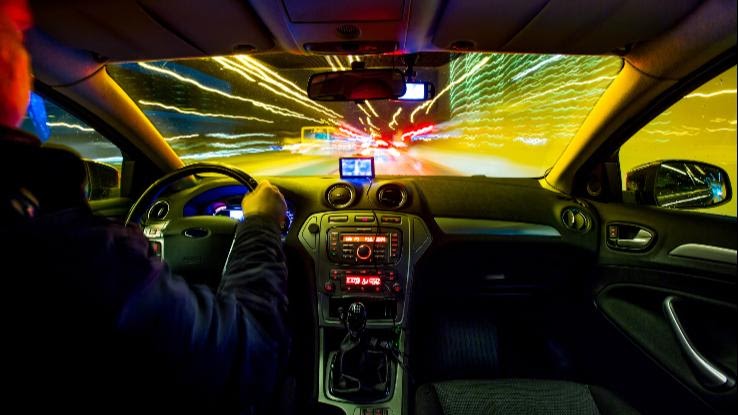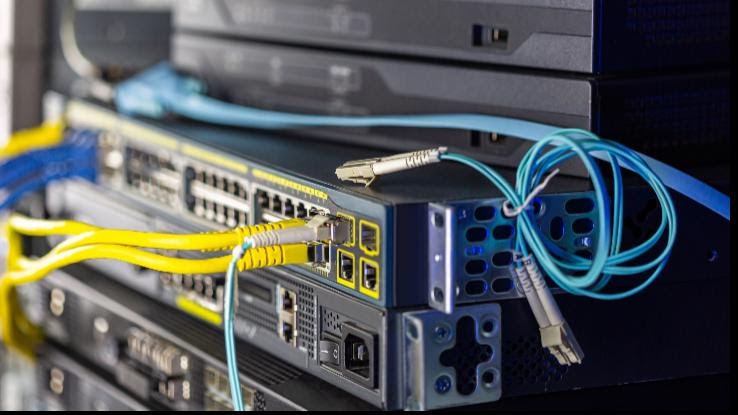Easy to Draw Police Car Easy to Draw Police Badge

Whether you're traveling via an airplane, automobile, or sea vessel, having Wi-Fi on the go is advantageous in many ways. It means you stay connected with the rest of the world while on the move!
Wi-Fi access has proved to be more of a necessity for many people around the globe. While some people rely upon it for entertainment, others depend on it for work. Now new car models feature built-in Wi-Fi for flexible access to the internet.

In a single word, yes.
A car connected to Wi-Fi is more convenient than you can imagine. Scenarios that may need you to get connected to Wi-Fi include; seeking help in case of an emergency, seeking real-time traffic updates, using a navigator, or connecting with friends over the internet.
Today, getting your car connected to Wi-Fi has become simpler and more affordable, with plenty of choices to pick from.
However, while many people might prefer turning their smartphones into a sharable mobile hotspot, this option might not be reliable, unlike getting a dedicated device for providing internet access.
Regardless of the method, you may choose for wireless internet in your car, the service will come at a cost.
How to Get Wi-Fi in Your Car

There are several ways you could get Wi-Fi in your vehicle at an economical price.
1. Turn Your Smartphone Into a Mobile Hotspot
The easiest way to get connected while on the go in your car would be to turn your smartphone into a portable hotspot.
As the most efficient way to connect to the internet when driving, you could turn on the option through your settings.
The process is different according to whichever device you are using. Confirm with the user manual of your specific phone to be sure of the process. However, for most, if not all smartphones, you can locate the option from your smartphone's network settings.
Furthermore, turning your smartphone into a mobile hotspot might drain the battery much faster. Consider having a charger by your side.
2. Get a Dedicated Mobile Hotspot Device
These devices will work similarly to a smartphone when creating the mobile hotspot, but that's where their similarities end.
Dedicated mobile hotspot devices can only connect you to the internet and can't be used to do anything else a smartphone can do. You can use these devices anywhere with network coverage, including areas outside of your car.
Furthermore, you could get a dedicated self-contained hotspot or purchase a dongle (small computer hardware that's connected to another port for added functionality) to get the job done!
3. Connect Using an OBD-II Device
Although OBD-II is less portable compared to a smartphone or dedicated hotspot device, the equipment offers more functionality than the other two in terms of connectivity.
The OBD-II plugs directly to the OBD-II port, a place where auto technicians perform computer diagnostic tasks.
The significant advantage of picking an OBD-II device over any other option for Wi-Fi connectivity in the car is that the device can connect directly with your smartphone via an app.
This helps present real-time information about the car's location. Interestingly, you can also see where the car has been in the past!
Cars manufactured after 1996 come with OBD-II ports, making them a viable option for people with older cars.
How Does Car Wi-Fi Work?

Generally speaking, Wi-Fi built into the car is not part of your cellular or home internet plan. Neither is it an extension of the two plans.
Car Wi-Fi comes bundled with your car's system, which means you can connect to the internet without having to turn your smartphone into a mobile hotspot, purchase a separate hotspot dongle, or use an OBD-II device.
The car's entertainment system will act similar to a router and bring an internet connection into the cabin. Car manufacturers such as Toyota have partnered with several service providers, such as AT&T and Sprint, to make this possible.
You can only access the feature by purchasing a subscription through your car's manufacturer the same way you pay for your home internet.
You can turn on the feature for most vehicles by navigating to the onboard touch screen monitor settings. Alternatively, there should be a button on your car's dashboard that turns on the feature.
Furthermore, you should purchase a data plan via your respective car manufacturer or service provider to use the feature to connect to the internet.
How Much Does Car Wi-Fi Cost?

As stated earlier in this article, car Wi-Fi is not an extended plan of your usual home data plan.
You'll pay directly to the car manufacturer or a service provider as per the subscription agreement between you and the company. The pricing is different depending on how much data you'd like and who your service provider is.
A typical Wi-Fi plan will cost you around $20 to $40 per month, but that will vary with the plan and provider. Do check with your specific manufacturer to confirm the actual figure for the subscription.
What Providers Offer Wi-Fi Service for Cars?

Cellular providers such as T-Mobile, AT&T, and Verizon provide Wi-Fi plans for vehicles.
However, not all car manufacturers offer car Wi-Fi services in their cars. Only a select number of vehicles come with this option.
Chrysler was the first manufacturer to build cars with a Wi-Fi-enabled device. Other manufacturers, such as General Motors (GM), have followed suit with their new vehicles.
Again, check with your car manufacturer to determine what service provider has partnered with them in providing Wi-Fi services in your car.
Do Some Cars Have Built-In Wi-Fi?

Yes!
Some cars do come with a built-in Wi-Fi device that does not need a separate device to connect to the internet.
Cars such as the Chevrolet Cruze, Chrysler 200, Audi A3, and many more have a built-in Wi-Fi device with a stronger signal than the traditional hotspot feature in our smartphones.
Source: https://www.askmoney.com/budgeting/how-to-get-internet-in-your-car?utm_content=params%3Ao%3D1465803%26ad%3DdirN%26qo%3DserpIndex&ueid=7d6e3614-d50a-4222-adcd-e934a09f00c4
0 Response to "Easy to Draw Police Car Easy to Draw Police Badge"
Publicar un comentario